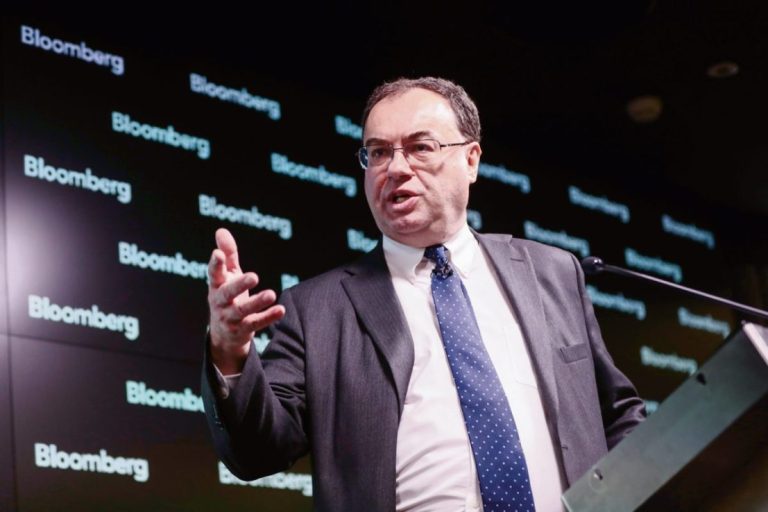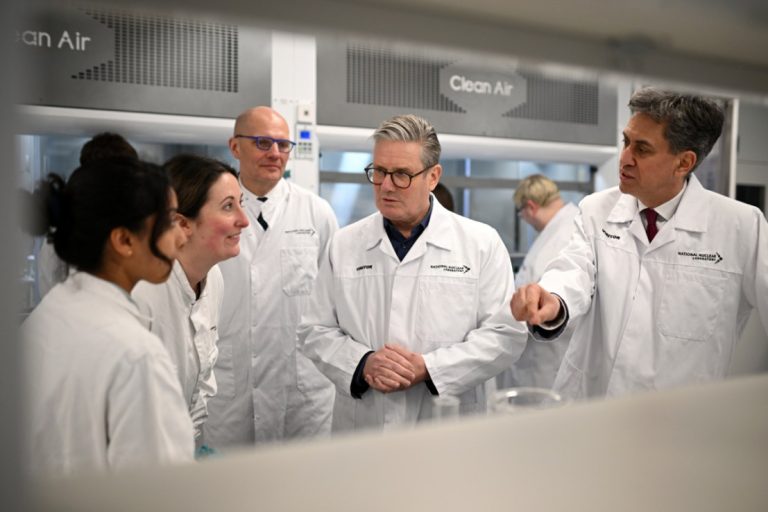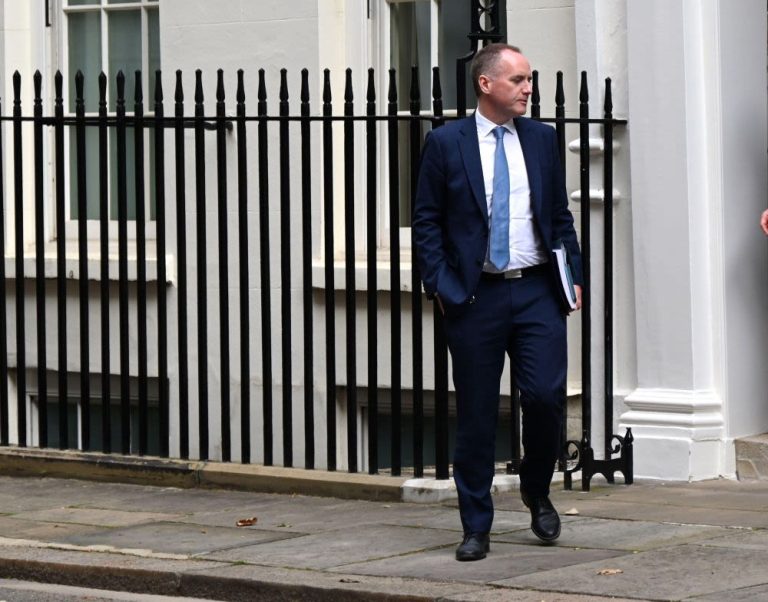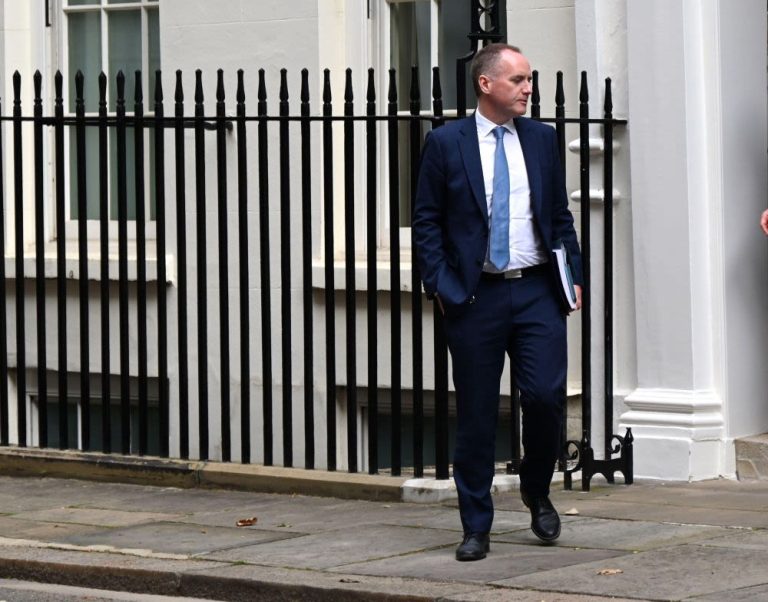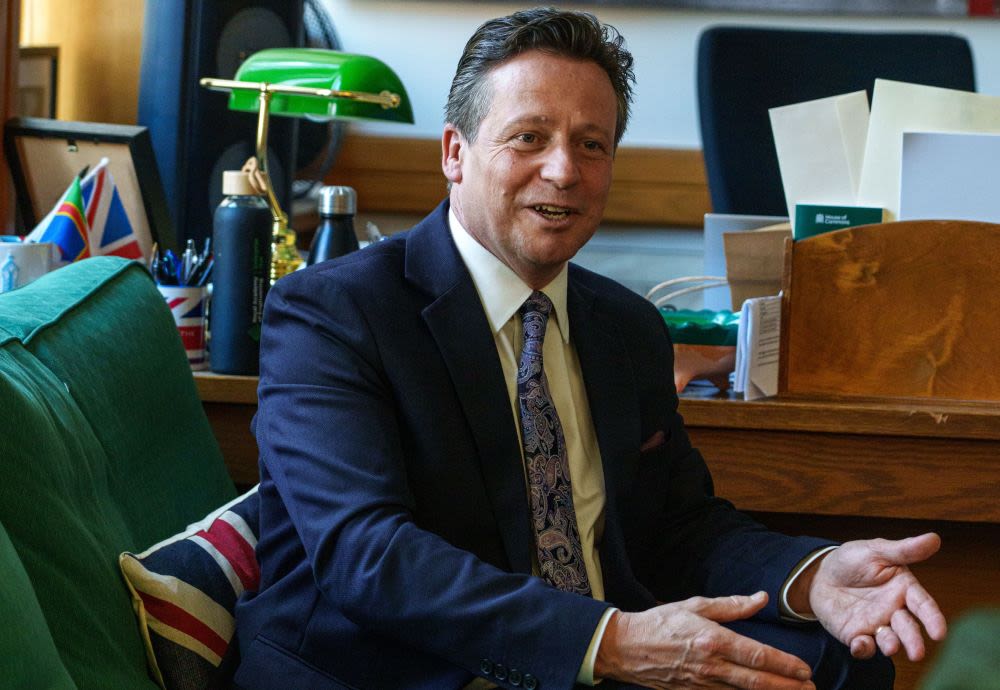
Nigel Huddleston, the newly appointed Conservative Party Chairman, has been given the daunting task of revitalizing what was once a formidable election-winning machine. However, the upcoming local elections present a significant challenge for the Tories, necessitating a strategic approach to overcome recent setbacks. In an interview with Harriet Symonds, Huddleston shared his vision for steering the party back on track and emphasized the importance of setting realistic expectations
Acknowledging the Challenges
Huddleston candidly acknowledges the current situation, stating, “I’m well aware that we need to brace ourselves for a potentially challenging night.” The Conservative Campaign Headquarters (CCHQ) is operating with a skeletal staff following post-election redundancies, making the task of organizing a robust campaign even more challenging. Despite these hurdles, Huddleston remains optimistic about the capabilities of the existing team.
He asserts, “We’ve still got a very, very good campaigning force at CCHQ. We’ve got a really good team focused on local elections, but by definition, they are highly localized, and a lot of the messaging and activity is organized locally.” This decentralization of strategy aims to tailor messages to specific constituencies, acknowledging that diverse areas require unique approaches.
Improving Candidate Selection
The issue of candidate selection has been a point of contention among party members. Many have voiced concerns about the current process, balancing the need for local connections with the desire for talent. Huddleston recognizes these challenges, revealing that a review of the candidate selection process is underway, with Clare Hambro appointed as the party’s new head of candidates. Huddleston emphasizes the goal of expanding the pool of talent, stating, “We want to have a really good pool of talent from which individual associations can choose.”
Winning Back Voters
With Reform UK aiming to capture disaffected Tory voters, Huddleston underscores the need for the Conservative Party to focus on every possible vote. He dispels rumors of a Tory-Reform pact and affirms, “It’s going to be tough and challenging for us, but the key thing is we will be fighting. Our goal is to fight for every single vote in every single seat.” He is critical of Reform UK’s policies, claiming they do not align with core Conservative values of free markets and democracy, citing Nigel Farage’s stance on issues like Ukraine as inconsistent with Tory principles.
Leveraging Credible Policies and Team Strength
Huddleston highlights the party’s focus on credible policies and teamwork as differentiators from their opponents. He credits the Conservative Party’s team-centric culture, driven by key figures like Kemi Badenoch, as a significant advantage. Huddleston insists, “It’s not just about her, it’s about the team.” As they look to consolidate their position, the party aims to build on their local credibility, emphasizing candidates with proven track records of delivering for their communities.
Adapting to Modern Campaigning
Addressing criticisms of the party’s contemporary relevance, Huddleston draws inspiration from modern campaign tactics, suggesting a focus on increasing online presence and utilizing platforms like podcasts to connect with voters. Despite internal criticisms of inadequacies in local engagements, Huddleston defends the leader’s active engagement with the electorate nationwide, stressing the importance of both online and grassroots strategies in the current political landscape.
The Conservative Party faces a considerable challenge ahead, with Huddleston at the helm. As they navigate through strategic reforms and engage in reflective introspection, the upcoming local elections could serve as a pivotal moment in redefining the party’s direction and reconnecting with voters nationwide. Huddleston’s pragmatic approach might just be what the Conservatives need to regain their standing, signaling their resilience and adaptability in the evolving political arena.



